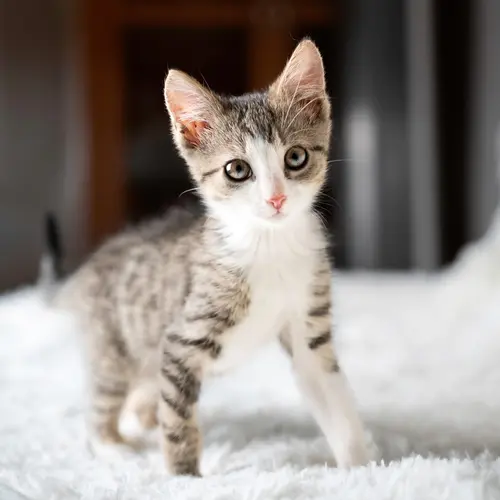Chicken can be excellent pets if taken care of properly. Chickens prefer an outdoor experience. It would be advisable to keep your pets outside your house in a coop as long as it is secure. Maintaining chickens as pets is an easy task. Your chickens will always need your company as they like to be part of a homestead.
What to Know Before You Own Pet Chickens
Pet chicken diet. Chickens love particular food treats like corn, tomatoes, and leafy greens. Ensure you provide your chickens with a healthy diet as it serves as a supplement to regular pellets. When feeding them, avoid highly salted foods or caffeine, as these can make your chicken ill.
Chicken supplies. When raising your pet chickens, you need certain essential supplies including:
- Bedding
- Chicken food
- Nesting boxes
- Feeders
- Chicken coop
- Grit
These are some of the supplies needed when you are getting started. However, as your chickens grow, they will need more.
Chicken housing. Most chickens do well when housed in cages. You can get a cage with segments where the chickens can climb. If you prefer to house your chickens outside your home, make sure you cover the cage to prevent attacks by predators like eagles and vultures.
Chicken health. If you notice a change in your chickens' behavior or if they are becoming dull suddenly, there may be a health problem.
Common health issues that chickens face include:
- Fowlpox
- Newcastle disease
- Fowl cholera
- Influenza
If you notice any bodily changes in your chickens, consult a veterinarian for immediate medical attention. Your chickens will need frequent vaccinations to prevent them from contracting diseases. Once your chickens hatch, give them the Marek's vaccination. Your chicken will also need Newcastle immunization to prevent them from contracting the Newcastle disease.
Chicken maintenance costs. Chickens are much easier to raise than cats and dogs. The chickens' regular feed will cost you about $30 per month.
Chicken training. Training chickens takes time and needs patience. You will need to teach them specific areas to avoid. While raising your chickens, you will have to develop rules for them to follow. You can place treats right before them once they do the right thing. You may also use a specific clicking or whistling sound and repeat it till the chicken understands. They will associate the sound with a treat and have to do as required of them.
Chicken fighting. As chickens grow, they usually exercise their capabilities through fighting. You will notice that some bigger chickens will bully the smaller ones. This tendency may create stress for the little chickens. Fighting among pets may cause injuries. The best way to prevent fighting among chickens is by separating them.
If your chickens are cockerels (young roosters or males), separate them to avoid injuries among them. Hens are less violent than cockerels. The hens will only attack a new hen introduced to their flock. When introducing new hens into the flock, first separate them to allow the new ones to familiarize themselves with the new environment. You can then slowly teach your chickens how to get along with the new ones.
Chicken walking. Chickens are dull creatures when put in an enclosed environment, so it’s important to allow them to exercise. Once chickens roam, they become healthier, unlike when in an enclosed environment. Allow the chicken to walk in groups as they will enjoy being together.
Always keep an eye on your chickens as they walk to prevent them from getting injured along the way.
Chicken predators. The following list shows examples of predators that are likely to attack your chickens:
- Dogs
- Foxes
- Owls
- Coyotes
- Raccoons
- Hawks
- Vultures
- Opossums
To prevent predators from attacking your chickens, always cover the chicken cages. While you walk your chickens, keep a close eye on them to prevent instances where they will get attacked by predators.
While rare, chicken droppings could cause illnesses in humans.

